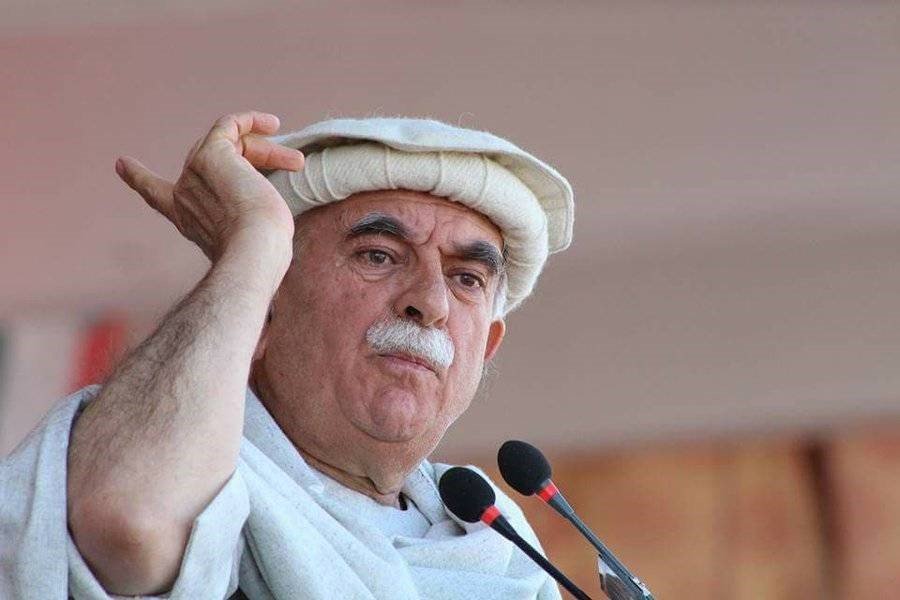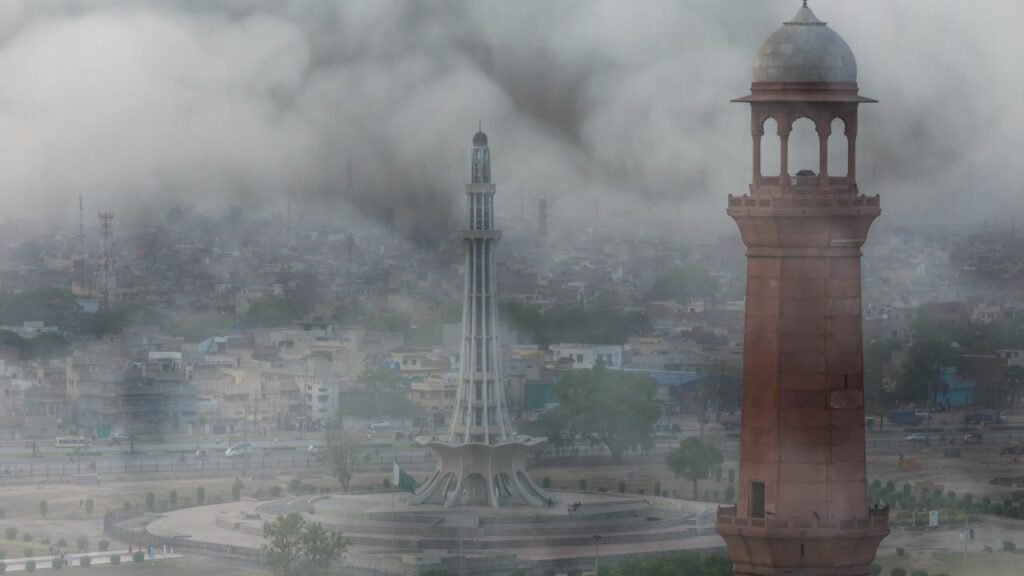Amjad Iqbal
The crisis of higher education in Pakistan is no longer a hidden reality nor does it require complicated analysis. Recently, Bahauddin Zakariya University in Multan released its admissions list: out of more than 4,000 available seats, only 300 students deposited fees. This is not just the failure of one institution but a serious indictment of the entire higher education system.
The problem extends far beyond one university. Even in Pakistan’s leading institutions—like Quaid-i-Azam University, NUST, and Islamic University—core scientific and literary disciplines such as Physics, Chemistry, Mathematics, Urdu, and English are being neglected. Where hundreds of students once vied for admission to these subjects, now only a handful apply.
The Broken Link Between Knowledge and Employment
Pure sciences, which serve as the backbone of research and innovation globally, have become synonymous with unemployment and insignificance in Pakistan. When a field of study offers neither financial security nor clear career prospects, it’s only natural that students turn away.
State Neglect and Budgetary Apathy
Education has never truly been a state priority in Pakistan. Education receives one of the lowest shares in the national budget, teachers face uncertain salaries, research funding is woefully inadequate, and universities are plagued by administrative bureaucracy rather than academic vision.
Economic Pressure and Avoidance of Education
For the average middle-class student, investing millions of rupees in a four-year degree is an increasingly unaffordable dream—especially when there’s no clear path to employment. Faced with economic realities, parents and students now prefer short skills-based courses and vocational programs over traditional university degrees.
The Commercialization of Private Universities
Private universities have turned education into an expensive, elite product, offering only those subjects that promise immediate financial returns—such as Business, IT, or Media. Core sciences and social sciences have been pushed to the margins, if they’re available at all.
A System Without Vision
Pakistan’s education system remains obsessed with rote memorization, grades, and diplomas. There is little concept of critical thinking, practical training, research, or innovation. Not only does this system disillusion students, it also erodes the value of knowledge in society.
Collective Responsibility
This is a collective failure in which many are complicit:
- The state, which treats education as a slogan rather than a priority
- The Higher Education Commission, which has failed in budget allocation, curriculum reform, and policy-making
- University administrations, which have transformed centers of learning into bureaucratic offices
- Society, which has reduced education to nothing more than a means to an end, rather than a source of awareness, research, or personal development
Roadmap for Reform
- Increase the education budget to at least four percent of GDP
- Develop integrated policies to connect pure sciences and literature with professional life
- Make research, training, and critical thinking the foundation of the education system
- Offer teachers fair salaries, research freedom, and opportunities for professional growth
- Establish robust systems of scholarships, fee concessions, and student housing
A Question for Everyone
When university classrooms are empty, when youth have lost hope in knowledge, and when science and literature are devalued—can we still call ourselves an enlightened and progressive nation?
Or, like so many students now, are we left asking, “What’s the point of studying?”
This question is no longer just for students. It demands an answer from the state, the government, policymakers, parents, and every member of society. It’s time for practical action, not just debate.















